Role play – an effective tool for teaching high school science?
Faced with an issue of student engagement, Koulla Andronicou stumbled across – and then enthusiastically embraced – a different kind of science pedagogy for older students.
High school science – there’s so much to fit in
Finding novel and creative teaching methods for upper secondary science lessons is often a challenging affair. Even entertaining the idea of a unique approach to delivering a lesson at this academic level is intimidating, for the most ardent of teachers. There is simply so much to cover. So much to get through, and the temptation to take short cuts can be strong.
However, faced with a number of challenges, our team asked for and were granted the pedagogical freedom to pilot a teaching methodology based on role-play in our High School science and humanity courses. This went well, as we hoped it would: we observed notable improvements in academic understanding, language skills and even in student anxiety levels and we moved to fully integrate the programme into our teaching at the top end of the school. Although the use of role-play is often described as a tool for primary and middle school learners, we found little if any literature on its use in High School classes, especially in science.
What led us to experiment – and then change?
Teenage angst . . . and engagement
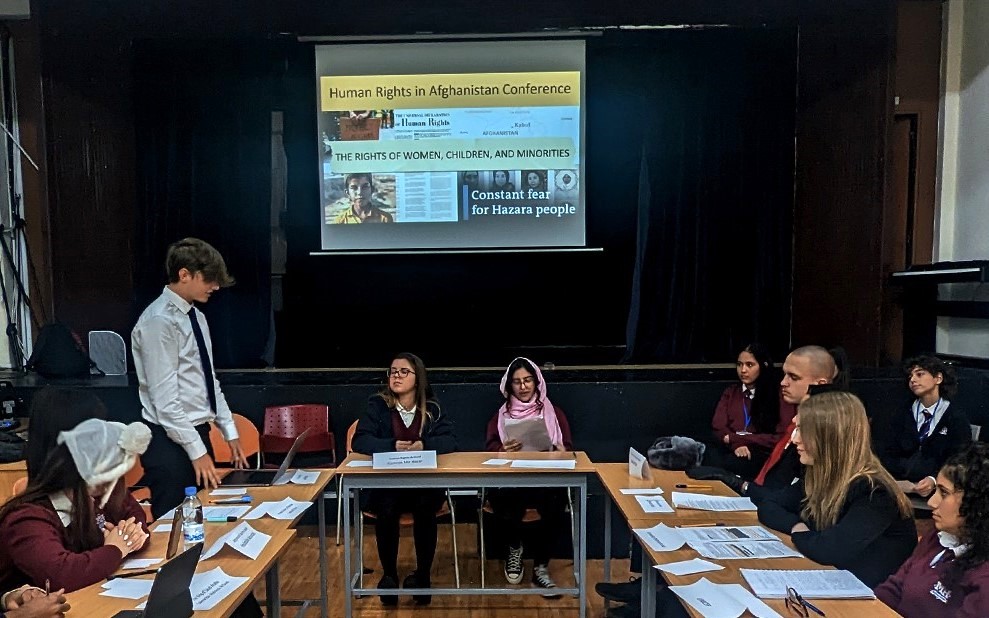
The idea in fact had its origins in our teaching of climate change, which to be honest was becoming a bit repetitive. Like many other schools we first introduced the subject of climate change in primary school (quite rightly) and then worked the theme into biology, chemistry, physics and geography lessons in lower secondary school. It is therefore hardly surprising that the topic was always met with indignant teenage eye rolling and cries of ‘not again?!’ when it was introduced to upper school science classes. Consequently, we were compelled to develop an innovative approach to the topic without compromising the integrity of our lessons and without utilising more than our allocated teaching time for the subject. Our pilot project involved the creation of our own climate change conference not dissimilar to the UN annual COP event. Students were given characters to research and develop, culminating in a small presentation by each student as their persona on the day of the conference.
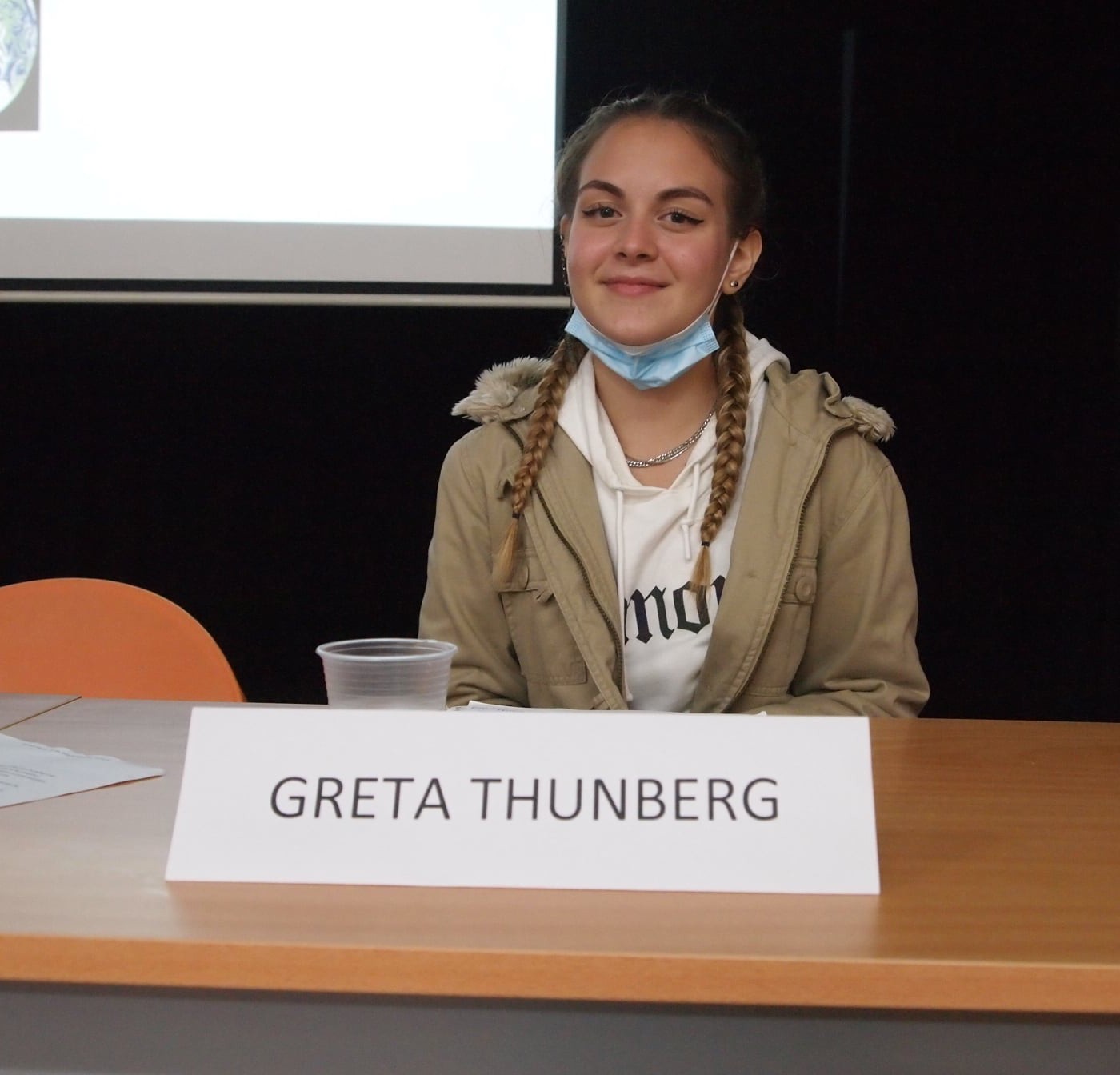
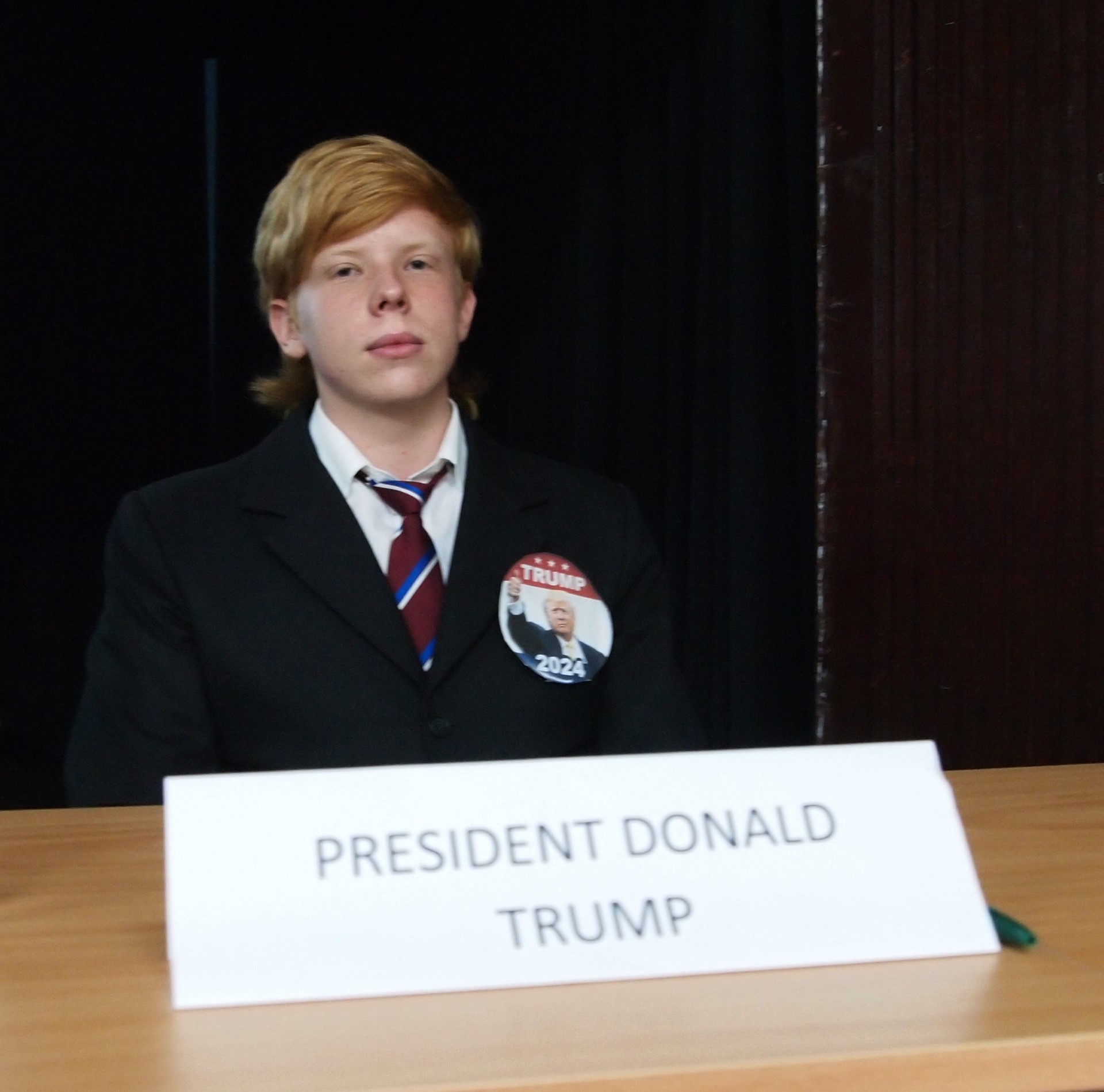 This was followed by a lively debate including Q and A from ‘journalists’ in the audience. Allocated characters were a mixture of real personalities such as world leaders (e.g. Donald Trump, António Guterres), environmentalists (e.g. Greta Thunberg, Carter Roberts) mixed in with a few fictional characters for whom we created profiles, including meteorologists, zoologists, oil tycoons and even conspiracy theorists.
This was followed by a lively debate including Q and A from ‘journalists’ in the audience. Allocated characters were a mixture of real personalities such as world leaders (e.g. Donald Trump, António Guterres), environmentalists (e.g. Greta Thunberg, Carter Roberts) mixed in with a few fictional characters for whom we created profiles, including meteorologists, zoologists, oil tycoons and even conspiracy theorists.
In this way we covered every possible perspective of the topic, however extreme, but always being mindful of the scientific knowledge needed to meet the topic objectives. Students were given the option of dressing like their character and even making props for the event, thus bringing their role to life. This pilot proved so successful and popular that it has since become a staple in our school calendar. Here are four things that we learned from the initiative:
1. Depth of understanding
Students gain a more thorough and holistic understanding of a complex topic often stating their surprise at sympathising with their character – even the unpopular ones. The truth of the matter is all environmental issues are complicated and the oversimplified ‘bad guys and good guys’ approach usually used to teach this subject is not realistic.
2. It’s great for scientific language development
Using role play, our ESL students develop their English skills and verbal confidence to a degree that is often quite astonishing. A prime example is when one of our Middle-Eastern students who had recently joined our school with almost zero verbal English skills, obsessively researched her character and even scrutinised videos of him speaking. This resulted in her presenting her speech with a confidence and fluency of language that she had not demonstrated in the classroom up until this point. Even more noteworthy was the fact that this new-found language assertiveness continued in her other lessons. As our school mainly consists of ESL students, any activity which improves language in the context of science is most definitely a plus.
3. Scientific roleplay boosts confidence
Our introverted, anxious and neurodiverse students find it easier to speak in front of an audience when in character compared to when presenting as themselves. This is a phenomenon often cited by actors, indeed as our Drama teacher explained, it is easier for students be in the spotlight as someone else, thus dissociating from their true personality which they may not be comfortable with.
4. It was enjoyable!
Our students thoroughly enjoyed the experience and enthused about it for days after the event, an achievement not to be scoffed at. It still never fails to amuse us how much 18-year-olds enjoy dressing up as their characters and revel in the opportunity to be creative – a skill which we often fail to develop in our science students.
5. Transdisciplinary approaches work!
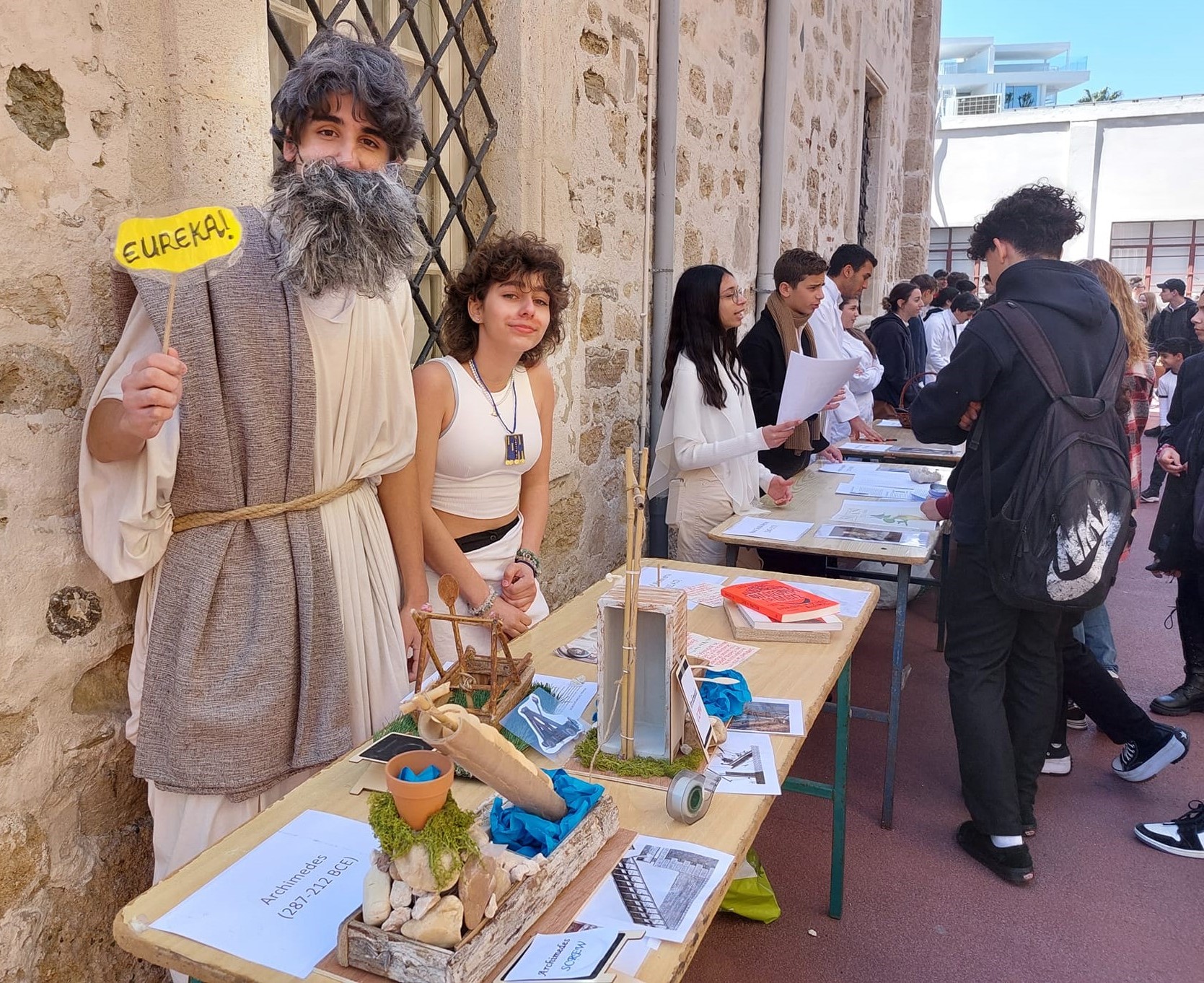
After the success of our pilot study, we extended role-play into our annual Science Fair. Jaded by volcano models, Mentos experiments and Einstein posters, we gave our students a choice of lesser-known scientists to research, develop and communicate in character (and of course in costume!) on the day of the Fair. An excellent exercise in Science outreach and the application of skills developed in English Language classes, this again proved to be a great success.
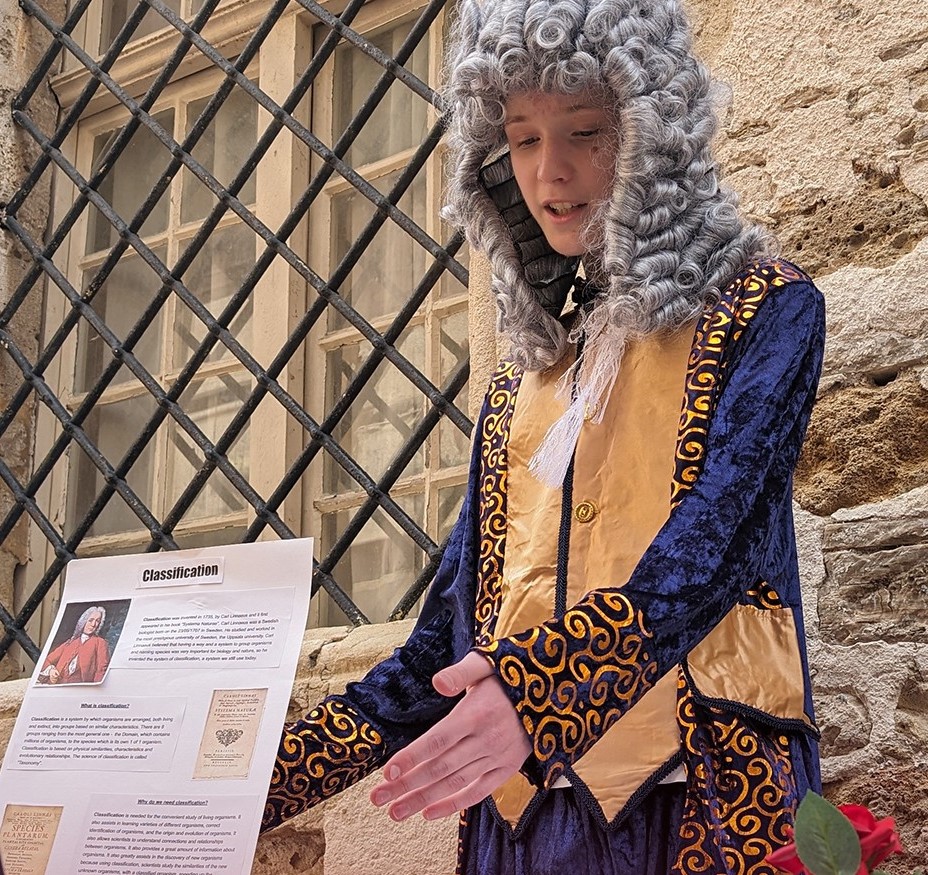
We have since integrated role-play in our History, Politics, Language and Literature lessons with colleagues creating scenarios from mock immigration offices to international courtrooms. We have even created cross-curricular events such as our Human Rights Week encouraging collaboration between departments and developing the team ethos of our school.
Set up your own role-play for science!
For some practical ideas for setting up roleplay for senior science, please see:
https://www.scienceinschool.org/article/2020/tell-me-about-it-adventures-science-communication/
We believe the potential use of role-play in upper secondary lessons is endless and in a post-pandemic era in which our students’ communication and social skills have greatly suffered, it may just prove to be a versatile teaching tool that has much wider significance.
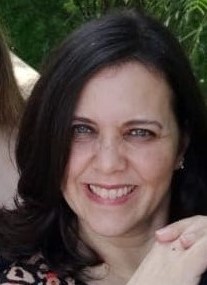 Koulla Andronicou is Head of Science at the Med High Private English School in Larnaca, Cyprus.
Koulla Andronicou is Head of Science at the Med High Private English School in Larnaca, Cyprus.
She has a special interest in science outreach and cross-curricular activities. Prior to teaching, Koulla worked as a research ecotoxicologist in the UK and as a freelance environmental biologist and aquaculture scientist in Cyprus. She holds degrees in biology from Queen Mary University of London, and Kings College, London.
School website: https://www.facebook.com/MedHigh
Further reading: https://www.scienceinschool.org/ – Published and funded by EIROforum, Science in School is a non-profit online magazine that provides free resources for STEM teachers.
FEATURE IMAGE: by Markus Spiske on Unsplash
Thank you to Koulla for providing the support images.

